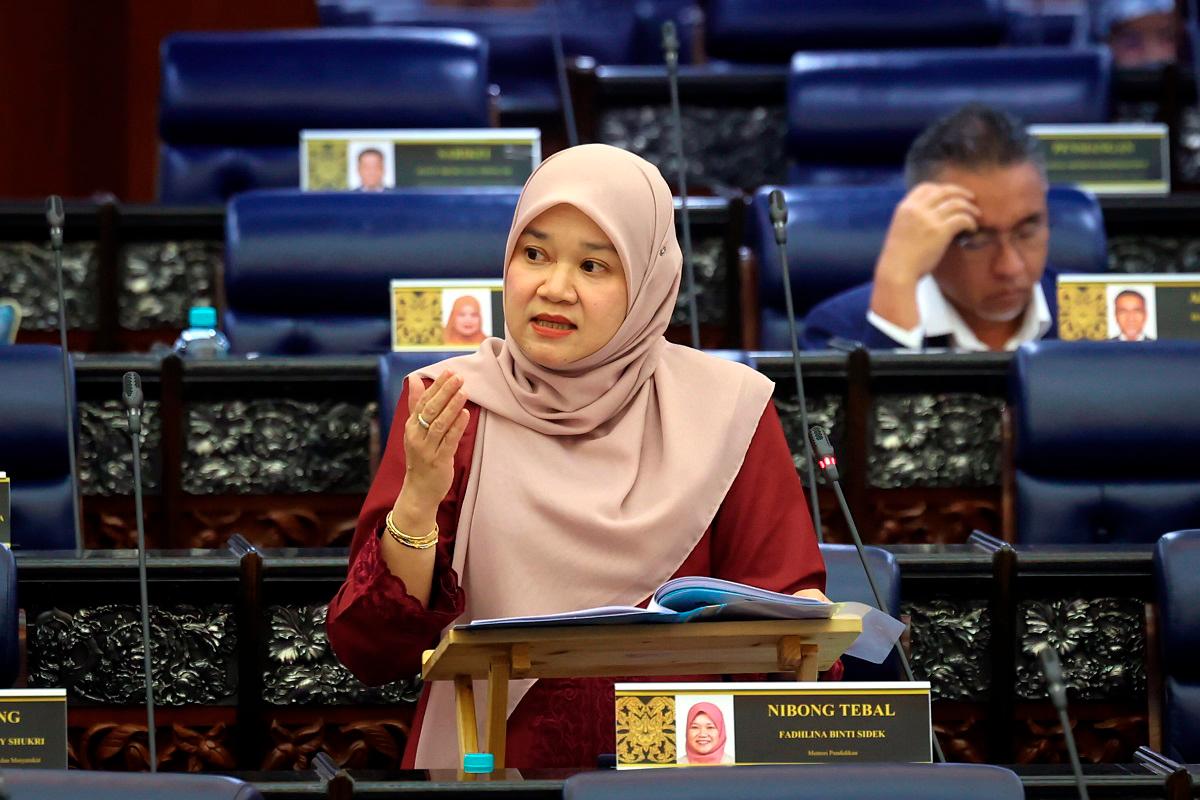PETALING JAYA: Malaysia has taken a major step in strengthening its education system with the passing of the Education (Amendment) Bill 2025, which makes secondary education compulsory for all Malaysian children.
Tabled by Education Minister Fadhlina Sidek, the bill was passed in the Dewan Rakyat late last night after being debated by 34 Members of Parliament from both the government and opposition benches.
Fadhlina described the move as a historic and vital reform for the country’s human capital development.
“Education is the birthright of every child. This amendment ensures that right is extended to the secondary level,” she said.
The bill amends the Education Act 1996 (Act 550) by introducing a new Section 32A, which mandates that all Malaysian parents whose children reside in the country must enrol them in a secondary education institution and ensure they remain in school until completion.
Non-compliance may result in a fine of up to RM5,000, imprisonment of up to six months, or both, upon conviction.
The amendment applies to a broad range of registered institutions, including national curriculum private schools, religious secondary schools, international and expatriate schools, and Chinese independent schools.
Secondary-level institutions registered under any other written law are also recognised.
Fadhlina noted that exceptions, such as homeschooling, would be considered on a case-by-case basis with valid justification.
“We are open to broadening the scope of exceptions, as long as no child is excluded or discriminated against,” she said.
She also highlighted the importance of engaging unregistered educational institutions, saying more outreach is needed to ensure parents and school operators understand their responsibilities under the new law.
“Our concern is that when schools are not registered, the legal burden shifts to the parents. That’s why it’s crucial for these institutions to register with the ministry,” she said.
“With a standardised curriculum in place, we can offer clearer guidance and address issues like bullying more effectively.”
The Education Ministry is actively assisting unregistered schools in transitioning into the formal system and has engaged state governments to support the registration process.
This bill marks a significant leap toward equitable access to education, paving the way for a more inclusive and competitive generation of Malaysians.









